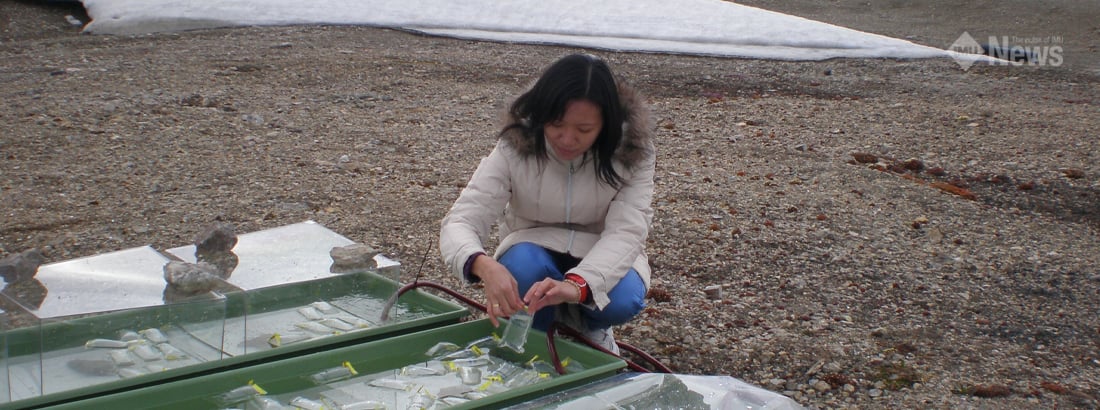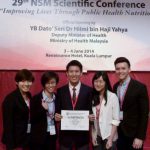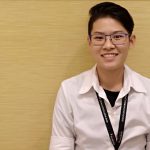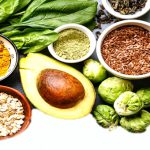Algae are a diverse group of photosynthetic aquatic organisms, contributing 50-80% of the oxygen in our entire biosphere. They are found in freshwater and marine habitats, from tropical to polar regions. Being a primary producer in the food chain of aquatic ecosystem, algae have been playing a pivotal role in sustaining other living organisms, including humans.
Algae have been exploited commercially for its highly valuable compounds such as proteins, pigments, polyunsaturated fatty acids and antioxidants. These valuable constituents from algae biomass promote scientific research and development in industries such as cosmeceuticals, nutraceuticals, and pharmaceuticals. Furthermore, algae are also being used as feedstock for biofertiliser and biofuel production. Algae biomass is also able to transform solar energy into electricity. In terms of wastewater treatment, algae can accumulate toxicants such as heavy metals, pesticides and hydrocarbons, and hence can remove those toxic compounds from wastewater.
At the International Medical University (IMU), a group of researchers is exploiting the biotechnological applications of algal cells, particularly microalgae. The late Professor Chu Wan Loy (front row), a renowned phycologist, has planted the seeds of inspiration and started algal research together with his protegees since 1999.

Two of his PhD students, Dr Wong Chiew Yen (fifth from left, back row) and Dr Kok Yih Yih (fourth from left, back row) , both faculty members of the Medical Biotechnology Programme, have continued his legacy in algal biotechnology. To date, algal research projects at IMU had received RM2.7M of research grant award by both international and national bodies, namely the Ministry of Higher Education (Fundamental Research Grant Scheme), Ministry of Science, Technology and Innovation of Malaysia (Antarctic Flagship and eScience Fund), and Yayasan Penyelidikan Antartika Sultan Mizan (YPASM). The funded works include studying the response of algal cells to climate change including increased temperature and ultraviolet radiation (UVR), and environmental toxicants such as heavy metals, pesticides, and micro/nanoplastics.
In addition, the potential use of algal cells in bioremediation of diesel hydrocarbons is being explored in collaboration with researchers from Eco-Rem Tech, University Putra Malaysia (UPM).

The group has extended their algal research to Antarctica, collaborating with various institutions, namely the British Antarctic Survey (BAS), Universidad de Magallanes, Chile/ Centro de Investigacion y Monitoreo Ambiental Antàrctico (CIMAA), Shibaura Institute Technology, Japan, University of the Western Cape and Northumbria University, University of Malaya, University Putra Malaysia, University Science Malaysia, Sunway University and UCSI University.
With wide international collaboration for Antarctic research, the group has embarked on both Antarctic and Arctic expeditions for conducting field experiments.

For the sustainability of their work, algal strains were isolated from environmental samples collected from the Antarctic and various sites in Malaysia, such as farms, hot springs and contaminated sites.

This algae culture collection serves as research materials for numerous postgraduate and undergraduate research projects. Their works have been published in more than 70 scientific papers and book chapters in peer-reviewed journals such as the Journal of Applied Phycology, Polar Science, Frontiers in Microbiology, PLOS One, Plants, Agronomy, Chinese Journal of Oceanology and Limnology. Moreover, 100 papers stemming from the projects were presented at local and international conferences.
More than 35 postgraduate (Master and PhD) and 40 undergraduate students from the BSc (Hons) in Medical Biotechnology programme in IMU were trained and completed their research project in the field of algal biotechnology. In the IMU Medical Biotechnology programme, students are introduced to the diversity and biotechnology exploitation of algae in the first semester and this will develop their fascination with the development and applications of algae biotechnology worldwide.
Written by Dr Kok Yih Yih and Dr Wong Chiew Yen
Photo credit: Dr Wong Chiew Yen









